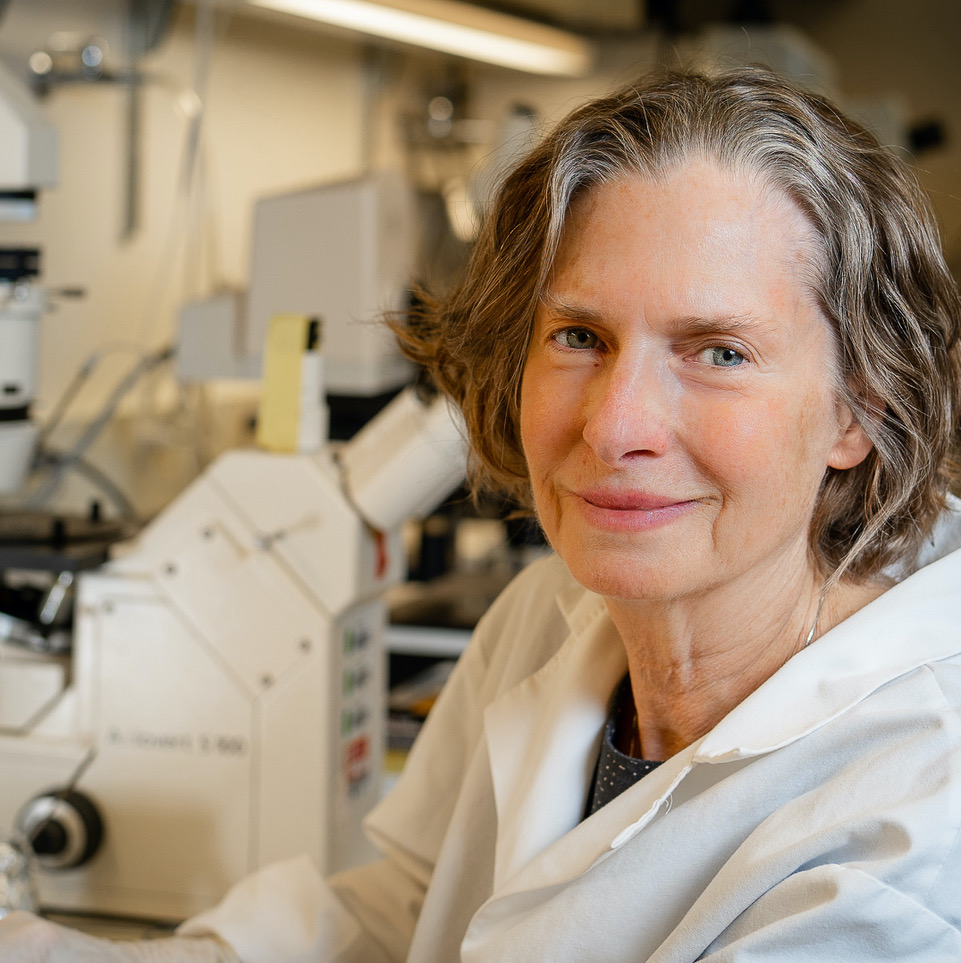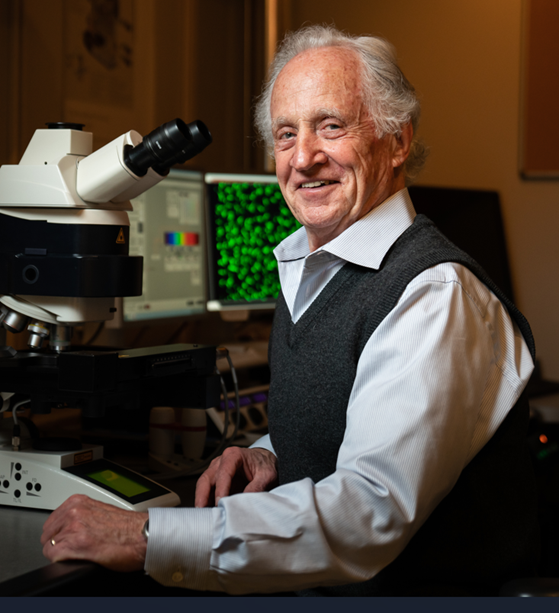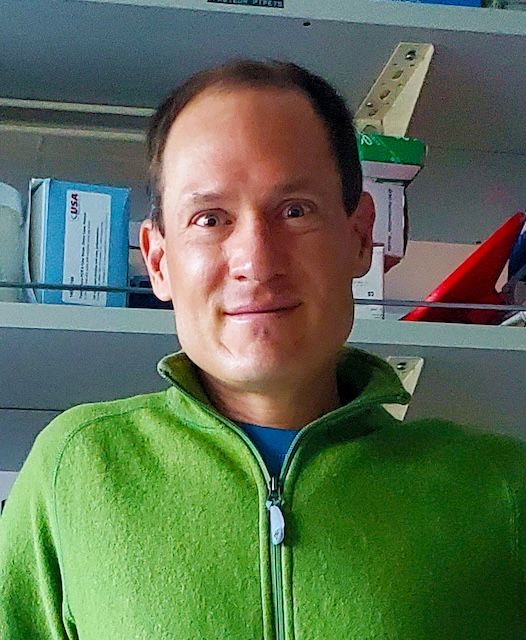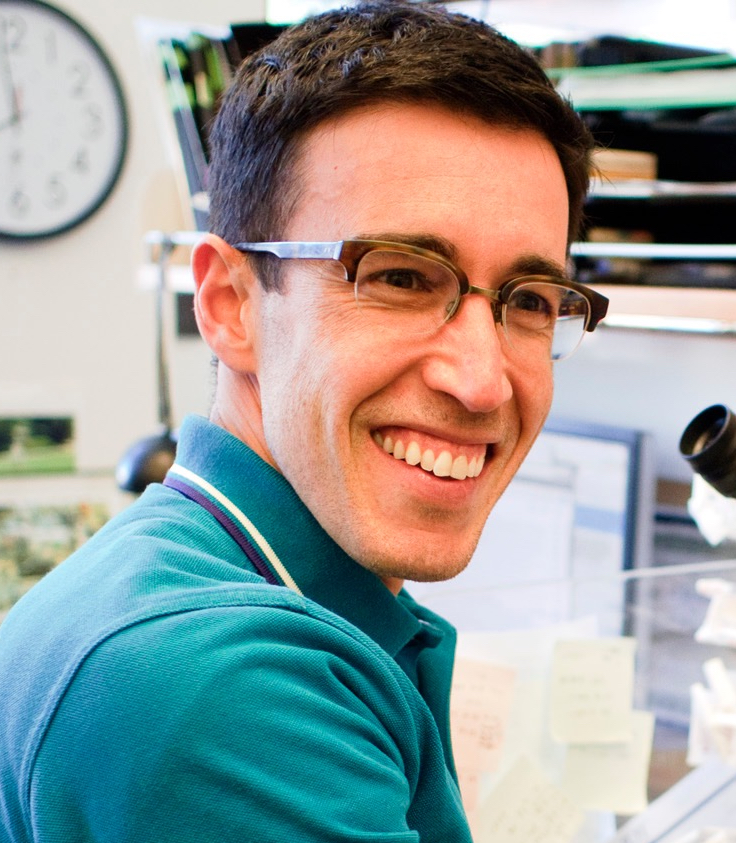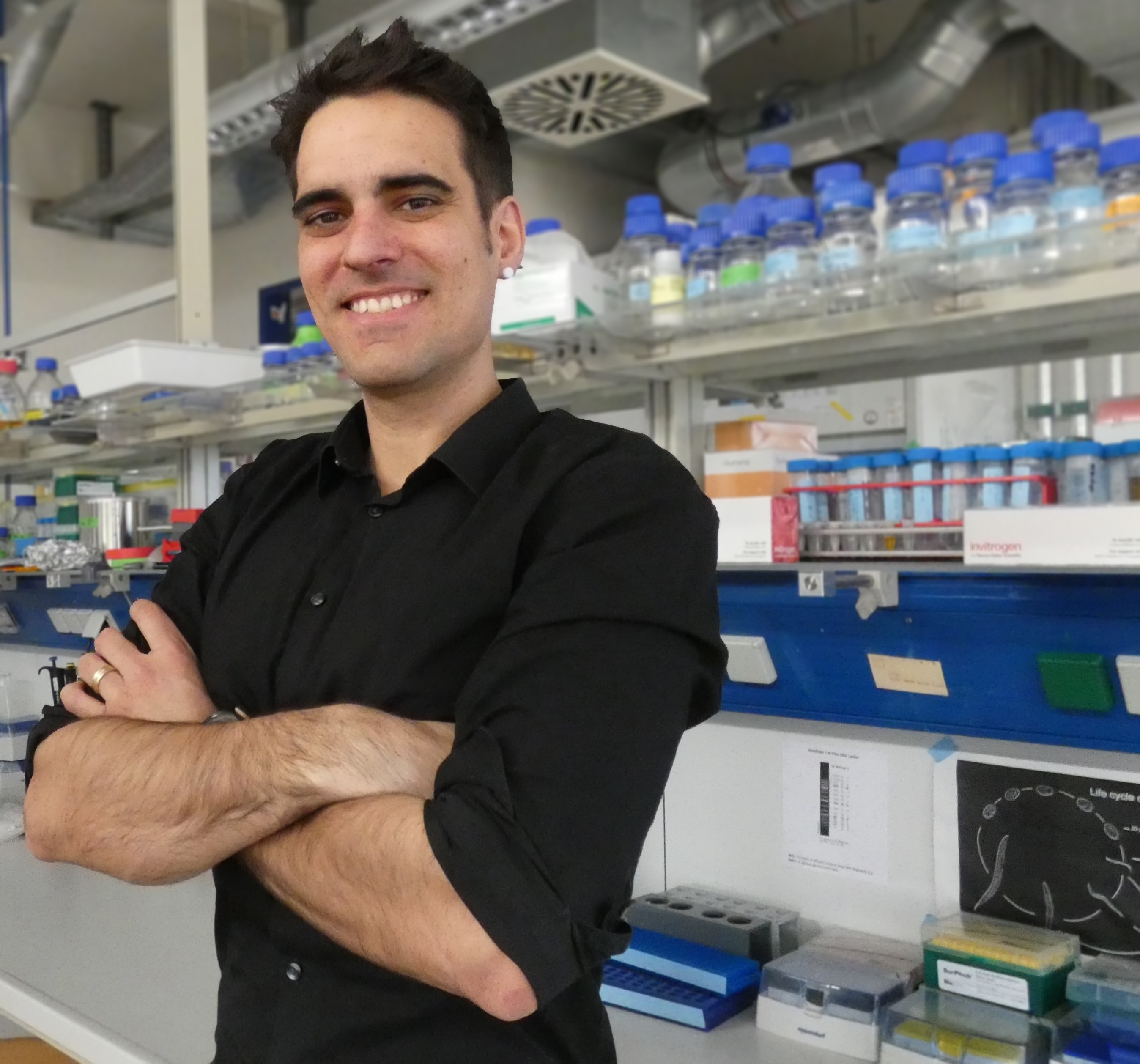Evolutionary Genetics and Genomics Research Emphasis Area
All biological variation has been shaped by evolutionary forces including mutation, selection, and drift. Their study provides leverage to decipher gene function in health and disease and to predict their future states in evolving populations. The EGG emphasis area focuses on these fundamental forces and the resulting phenotypic variation within a wide range of species. Member labs’ interests range from populations to species and employ genetic models, non-model organisms, genomics, and computation. Specific study areas include population genetics, host-pathogen conflicts, molecular co-evolution, speciation, mutation, trait development and evolution, genomics, genome organization, gene regulation, and directed evolution.
Research in Progress presentations by researchers from any level from participating labs.
Day-long series of talks and posters including an external guest speaker. Initiated pre-pandemic
T32 Opportunities
- The Training Program in Genetics has been funded by the National Institutes of Health for more than forty years. The program has contributed to landmark discoveries in genetics, including discovery of restriction fragment length polymorphisms, development of a genetic linkage map in humans, and methods for targeted gene disruption in vertebrates.
Evolutionary Genetics and Genomics focused Core Facilities
University of Utah researchers have access to numerous state of the art core facilities, resources and support through the Health Sciences Center, Huntsman Cancer Institute, and the University. Cores and resources that are highly utilized by Evolutionary Genetics and Genomics Research Emphasis Area members are:
- Sequencing Core
- Combined Zebrafish Animal Resource (CZAR)
- Cell Imaging (Microscopy) Core
- HCI High Throughput Genomics Core
Students

Jordan Little, Nathan Clark's Lab

"I think the evolutionary genetics and genomics research area within the human genetics department at the UofU is a supportive and growing community. There is a lot of exciting and interdisciplinary research happening that, as a trainee, is amazing to be a part of because of the educational and experiential opportunities. Although my lab works in evolutionary and population genomics where I have learned several skills in computational research, I have also been able to learn some general principles and approaches of animal models and other wet lab techniques through interest group research presentations and journal clubs. I feel that through my time in the lab and department, I have gained a lot of the skills needed for having a successful career, whatever that may be."
Paige Eberle, Ellen Leffler's Lab
The University of Utah General Catalog
Bioscience Faculty
Cell Signaling, Genetics, Development, Inter-organ Communication, Drosophila, CRISPR, Plasma Proteomics



Microbial Genetics and Biochemistry, Mucosal Immunology, Early-Life Host-Microbiota Interactions



Translational Bioinformatics, Cancer Systems Biology, Cancer Data Science, Computational Immuno-Oncology, Precision Oncology


